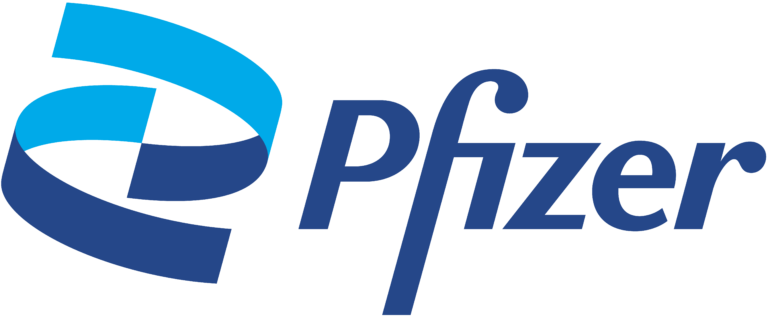A few weeks ago Hurricane Matthew traveled up the east coast, dumping a few feet of rain along the way and causing flooding that lasted for weeks after the storm had passed. Many NORM members and their practices were located in the path of the storm, and had to deal with its impacts, all while continuing to serve their patients.
While some practices are prepared for anything and everything, others aren’t so lucky. In the case of an emergency, you may lose access to your patient information, medical records, and staff, not to mention your physical location!
To keep your practice running smoothly no matter what, you should have a plan in place for anything that might happen. A disaster plan is a set of procedures that clearly dictates what has to be done, when and by whom, before and after a disastrous event, whether we’re talking about a hurricane, fire, or broken water pipe. Here are a few scenarios and ideas to kick off the conversation at your practice:
Natural Disasters
If a hurricane is headed your way, you generally have a few days’ warning, which gives you some time to prepare. Other natural disasters, such as an earthquake, can happen suddenly and unexpectedly. Therefore, it’s important to figure out what you will do and how you will react before disaster strikes.
It’s a good idea to have backups in place in case of power outages. You should consider having a generator and an alternate way to access the Internet, so you can communicate with patients and send prescriptions to pharmacies. Storing your patient information in the cloud is also a good idea—this will keep important data accessible no matter where you are or what happens to your physical practice. The last thing you want is for someone’s medical records to be lost in a fire or flood.
Theft and Robbery
Theft and robbery are risks that every organization or business deals with, and your medical practice is no different. In fact, your medical practice might even be at a greater risk of break-ins because thieves may assume you have drugs and medications inside. The theft of medical information is also on the rise, and if you don’t adequately protect this information, you could be subject to fines and required to notify the media about the HIPAA breach.
To protect your practice from this fate, keep an up-to-date inventory of all the technological devices used by your staff, including serial numbers. Keep track of data usage and downloads, so you’ll know if or when someone is downloading information they shouldn’t be. You may consider conducting thorough background checks when hiring new people, and don’t keep a lot of cash on hand. By taking these precautions, you can limit the chances that a theft or robbery occurs.
Security Issues
Most doctors and physicians don’t want to think about violence in their practice, but it is a risk. Active shooter situations in the workplace and in public places are on the rise, and it’s good to have a plan in case something like this happens. While your first instinct may be to run and hide, you have to also think about your patients who are depending on you.
To help you stay calm and collected in the face of violence, perform drills and train your staff for active shooter situations so they’ll know what to do in case one occurs. You can also hire security during working hours, and keep doors locked between the exam and the waiting room. Make sure people know what to do and that they’ve practiced the plan as much as possible, and you could save someone’s life in a way you never expected.
We know it’s not always fun to plan for things like natural disasters and security concerns, but it’s necessary; it’s responsible. And it will help you better serve your patients. No matter where you’re located or what you think might happen, start putting a plan together today, and be grateful if you never have to use it!
Posted by




















